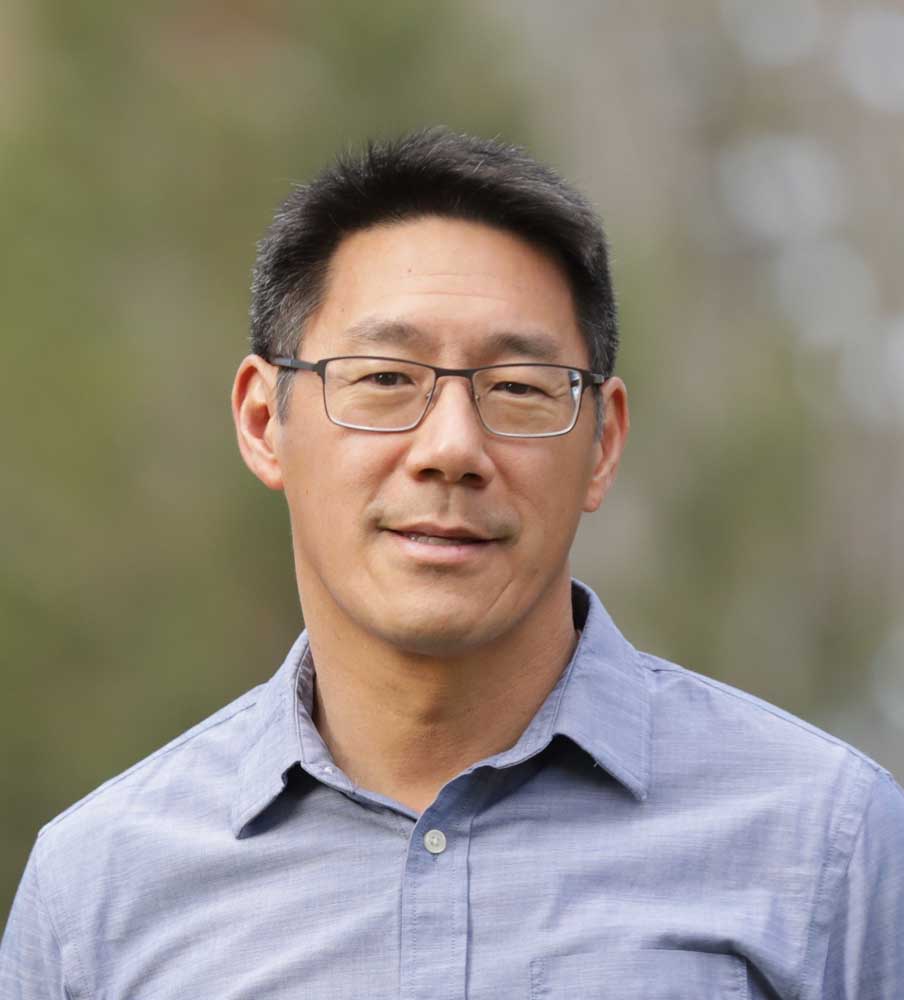Deschutes County Commissioner Phil Chang tapped for state transportation board
Published 2:15 pm Friday, September 27, 2024

- Phil Chang
Oregon Gov. Tina Kotek tapped Deschutes County Commissioner Phil Chang for one of five seats on the state’s transportation rulemaking board in charge of overseeing the Oregon Department of Transportation.
Chang’s appointment to the Oregon Transportation Commission was approved by the state senate Wednesday along with a bloc of others to various commissions. He’ll assume his seat Oct. 10 when the commission meets in Bend.
“I’m honored the governor thought I would have something to offer in this capacity and nominated me, and I look forward to serving,” Chang said in an interview Thursday.
The county commissioner joins a retired business executive and administrative adviser, a former state lawmaker, a CEO of a steel fabrication company and the leader of a Southern Oregon transit district.
Chang, of Bend, replaces outgoing Commissioner Sharon Smith, a lawyer for Bend-La Pine Schools.
Smith, who had served on the commission since 2019, stepped down Aug. 29, according to Oregon Department of Transportation spokesperson Kevin Glenn.
Chang will fill the rest of Smith’s second four-year term, which will expire in June 2027.
State rules require at least one member of the transportation commission to live east of the Cascade mountains.
In addition to that characteristic, the governor liked Chang’s interest in climate impacts on transportation, focus on reducing greenhouse gas emissions and his perspective as a local elected official, according to Chang.
“I see ways to reduce the carbon footprint of transportation in Oregon while at the same time providing benefits and reducing hardships to rural communities and the freight industry,” he told a senate subcommittee on Tuesday.
ODOT funding bind
Chang joins the commission with Oregon’s transportation agency in a bind, as it faces systemic funding issues and a $350 million budget shortfall that could result in 1,000 staffing cuts and slashes to services and maintenance next year. That would mean foregoing snow plowing on less-traveled roads and cutting back on major highways next winter, while potholes and rough roads would be more frequent.
ODOT budget woes could mean less plowing, safety, cleanup on Central Oregon roads
Lawmakers have signaled a transportation package will be at the top of the priority list during the 2025 legislative session.
“I’m really excited to be part of the problem solving around that and implement solutions when those solutions hopefully come from the Legislature,” Chang said.
On the commission, Chang will have a say in changes to the program that guides funding for transportation projects across the state, the Statewide Transportation Improvement Program. While his role doesn’t allow him to move projects in Deschutes County to the top of the list, Chang said his role as a county commissioner will allow him to advocate for local government and add perspective from Central and Eastern Oregon counties.
Real life perspective
Tammy Baney, who served on the Deschutes County Commission from 2007 to 2018 and the state transportation commission from 2011-2019, said serving on both boards at once “brought a real life, in real-time perspective to state policymaking.”
“The synergy between the (transportation commission) and local government is an extension of the work as a county commissioner, which brings a direct benefit to our region,” Baney said.
Transportation challenges mirror those of two decades ago
Baney said Chang will add to the “strong bench” of the commission because of his ability to think systematically and make research-informed decisions.
Chang was elected county commissioner in 2020. He worked nearly 30 years in the natural resources field in both California and Oregon, as a program leader for conservation groups and government agencies. He has a master’s degree in natural resource management from University of California, Berkeley, and a bachelor’s degree in anthropology from Columbia University in New York.
Chang said his background gives him an understanding of the way roads and highways impact watersheds, wildlife and open space, highlighting the state’s need for more wildlife crossings.


